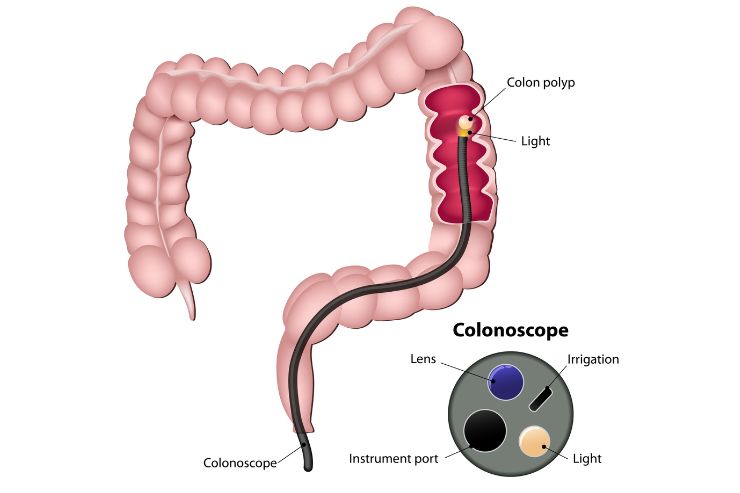
Colonoscopy is a vital procedure used to examine the lining of the large intestine (colon and rectum) using a flexible, lighted tube called a colonoscope. This tool allows for direct visualization of the entire colon, enabling our specialists to detect abnormalities such as polyps, tumors, inflammation, and other conditions affecting the colon.
Indications for Colonoscopy
At Sandozi Health, colonoscopy is recommended for various reasons, including:
Procedure Overview
Prior to the procedure, our team will provide detailed instructions on how to prepare the bowel for optimal visualization. This typically involves a special diet and laxatives to cleanse the colon.
During the colonoscopy: